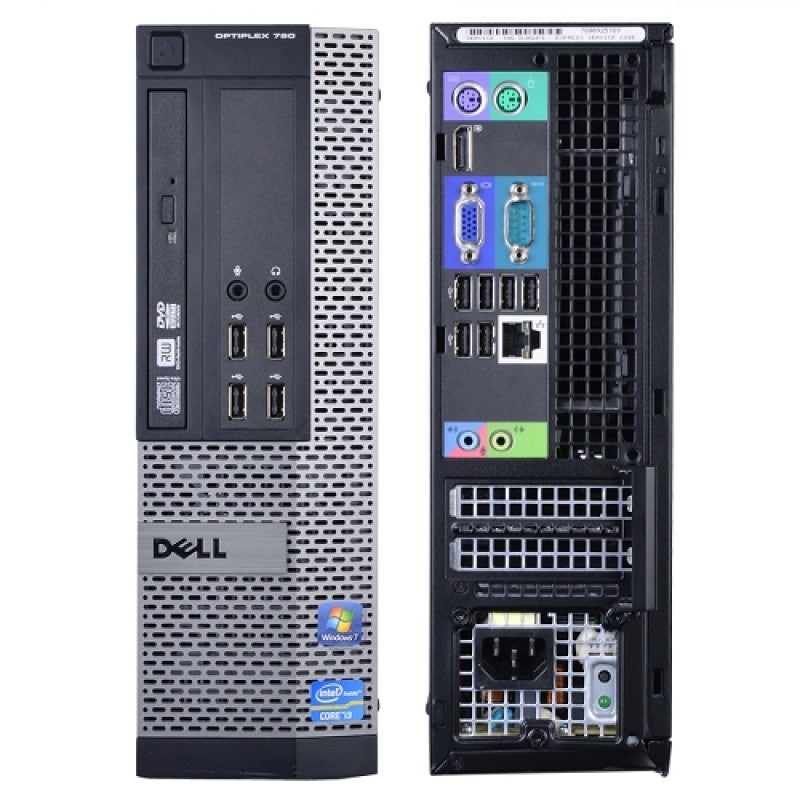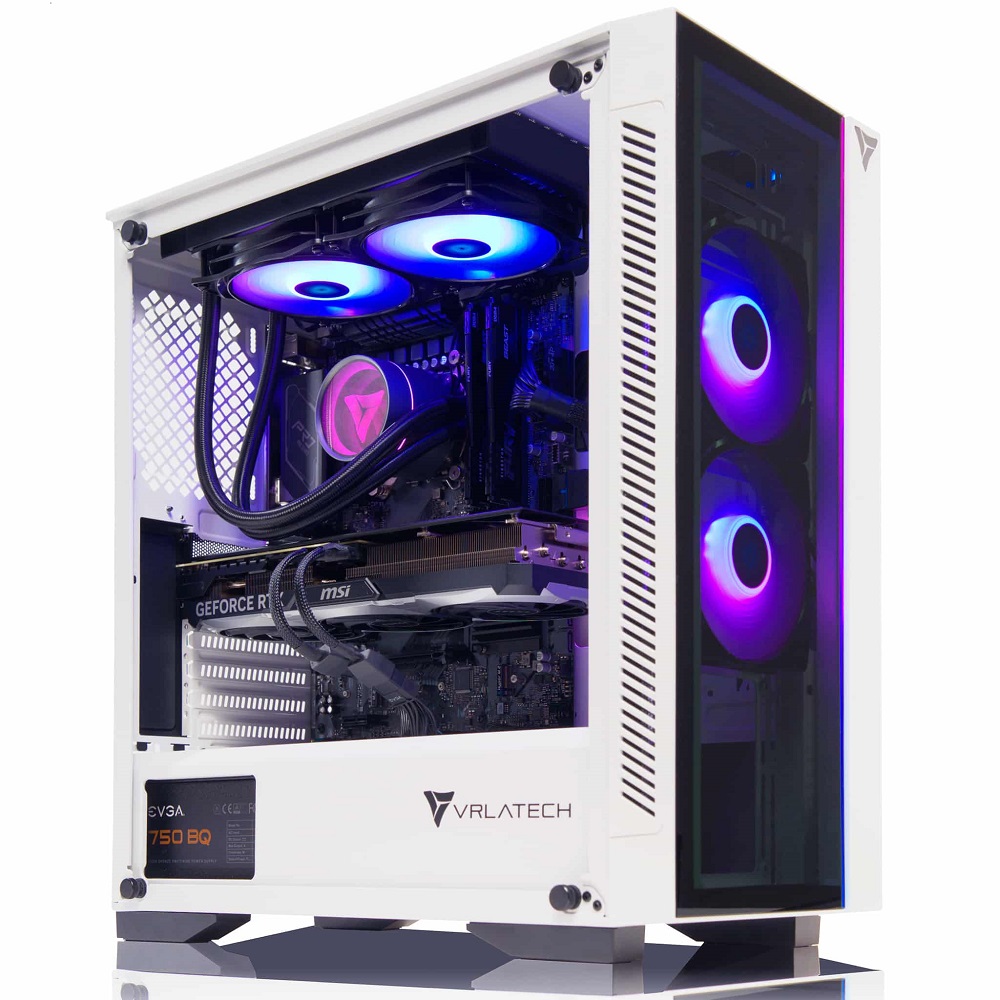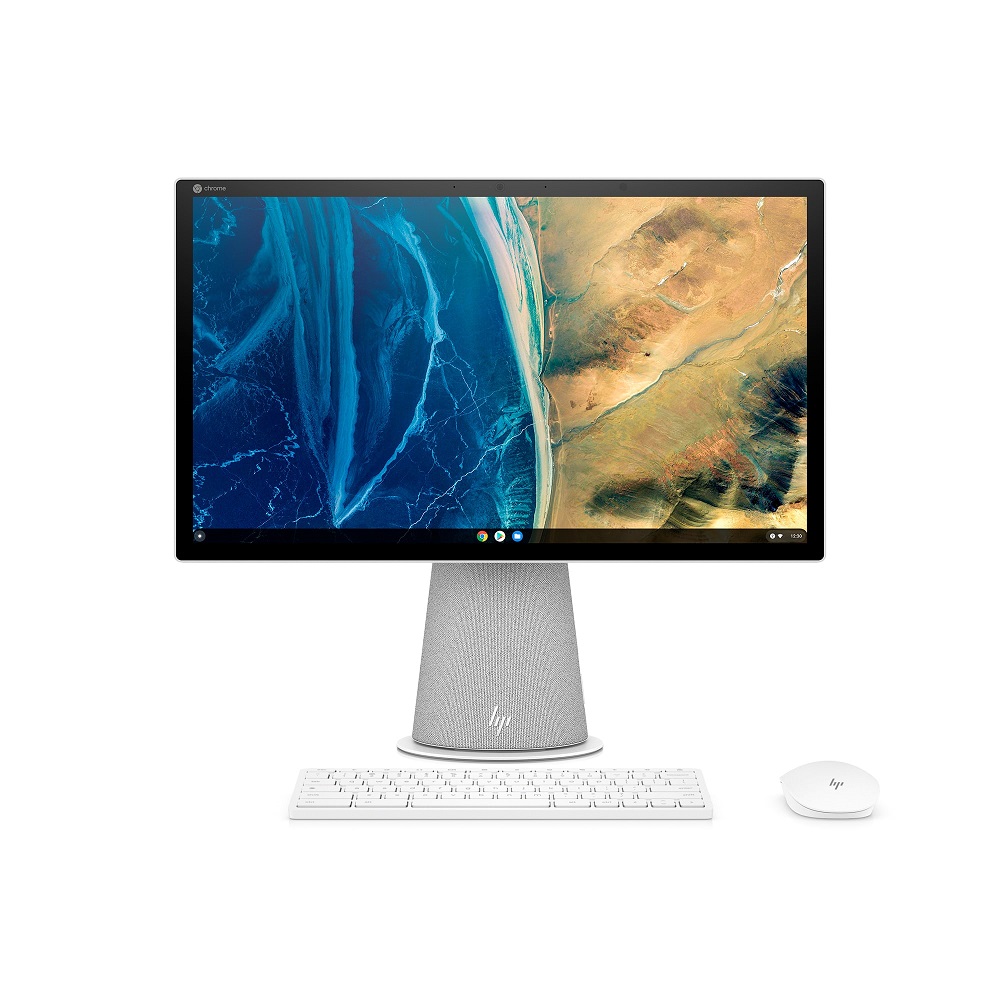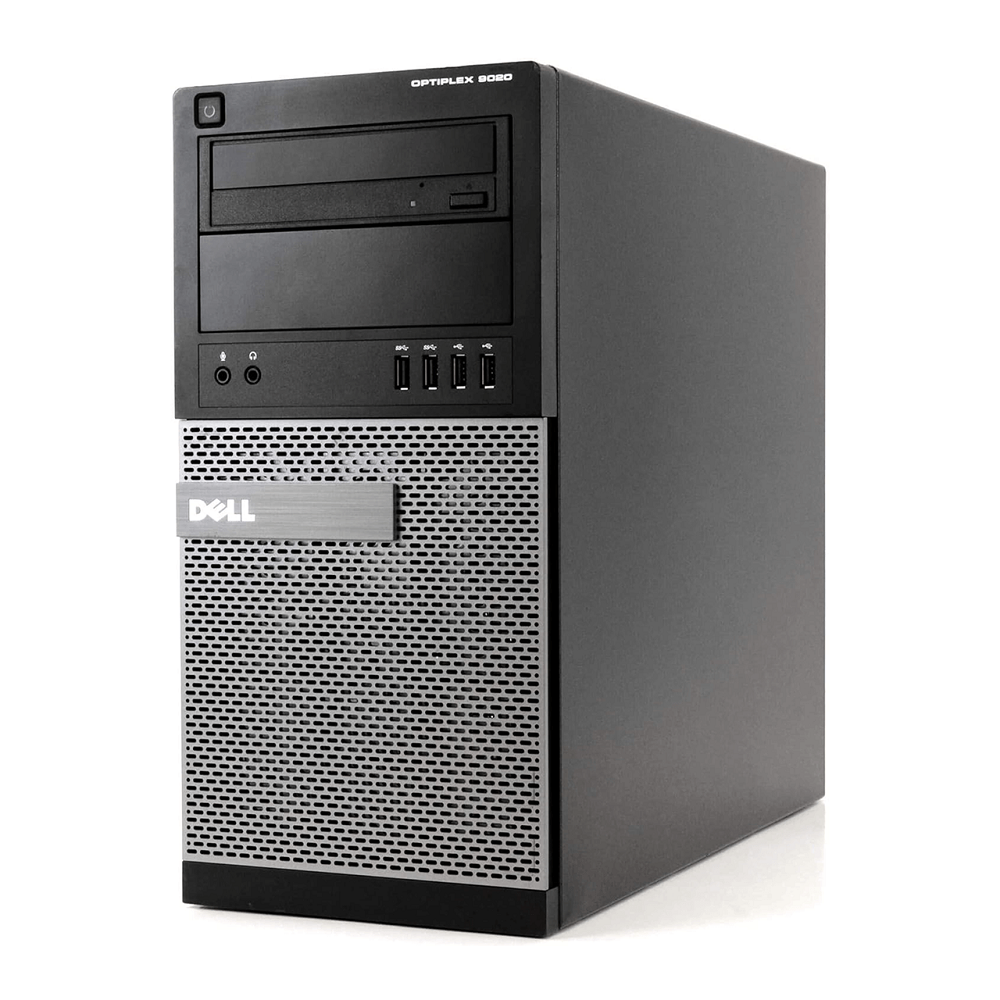When it comes to choosing a desktop computer, one of the most crucial decisions revolves around selecting the right processor. Intel’s i7 and i5 processors are among the most popular choices, each offering unique features and performance characteristics. Understanding the differences between these two can help you make an informed decision that fits your computing needs, whether for gaming, content creation, or everyday use. This article delves into the key aspects of i7 desktop and i5 desktop, allowing you to choose the one that’s right for you.
Understanding the Basics: i5 vs. i7
Processor Architecture and Hyper-Threading
At the core of the differences between i5 and i7 processors lies their architecture. i7 processors typically have more cores and threads than their i5 counterparts, resulting in better multitasking capabilities and performance under heavy loads. While i5 processors often feature four to six cores, many i7 models have six to eight cores or even more, depending on the generation. This architecture allows the i7 to perform tasks like video editing and 3D rendering more efficiently.
Moreover, most i7 processors come equipped with Hyper-Threading technology, which enables each core to handle two threads. This leads to even better performance when running demanding applications or performing multiple tasks simultaneously. For users who regularly use applications that benefit from additional threads, an i7 processor can provide a significant advantage.
Performance Benchmarks
Performance benchmarks serve as a solid foundation for understanding the differences between i5 and i7 processors. In synthetic tests like Cinebench, the i7 consistently outperforms the i5, validating its reputation for high-performance tasks. While an i5 is generally sufficient for everyday activities—like web browsing, word processing, and even casual gaming—the i7 is designed for power users, offering superior capabilities for intensive applications. If you plan to use your desktop for resource-heavy software, leaning towards the i7 may be worth the investment.

Gaming Performance: i5 vs. i7
Frame Rates and Frame Timing
For gamers, frame rates and frame timing are crucial. Most modern games are optimized to run well on both i5 and i7 processors, but benchmarks show that the i7 can handle higher frame rates, especially in CPU-demanding games. If you are a competitive gamer or enjoy high-resolution settings, the i7 may give you that extra edge with smoother performance.
However, let’s be clear: an i5 can still provide an excellent gaming experience. Many gamers using an i5 can enjoy high settings at playable frame rates. For casual gaming on titles that aren’t exceptionally demanding, the i5 will perform admirably and offer great value. Think about the types of games you play and your own preferences, as they play a significant role in deciding which processor to choose.
Future-Proofing Your Purchase
Another consideration in gaming is future-proofing. Technology evolves rapidly, and game developers continually push the boundaries of what computers can do. Investing in an i7 today may extend the life of your desktop and improve its performance in upcoming game titles. If you plan to keep your desktop for several years, opting for the i7 might offer peace of mind, ensuring that your rig can handle future releases without needing an immediate upgrade.
Content Creation: Which Processor to Choose?
Resource-Intensive Applications
Content creators who work with video editing, 3D modeling, and graphic design need a robust system to handle demanding applications. An i7 processor often proves more effective in these scenarios, providing the ability to process large files quickly. Applications like Adobe Premiere and After Effects significantly benefit from the additional cores and threads of an i7, allowing for smoother multitasking and faster rendering times.
If your workflow involves frequently switching between demanding applications or multitasking, consider the i7. The investment may be worthwhile, especially when it comes to saving time and increasing productivity.
Value for Hobbyists vs. Professionals
While the i7 is excellent for professionals, hobbyists may not need the extra power. If you’re a casual user or a beginner in content creation, an i5 could suffice—especially if you primarily work on lighter projects or handle tasks that don’t require high-end processing capabilities. Assess your specific needs and be realistic about your usage to decide which processor aligns with your creative ambitions.

Everyday Use and General Performance
Handling Basic Tasks
For users who primarily engage in everyday computing tasks, an i5 processor is often more than adequate. Web browsing, social media, email, and document creation don’t require the powerful capabilities of an i7. The i5 delivers solid performance for these activities while promoting energy efficiency and lower heat generation. If your usage falls mainly into this category, opting for the i5 could be a more cost-effective choice.
Long-Term Longevity
Though the i5 caters well to basic tasks, it’s essential to consider the longevity of the desktop. As software becomes more complex, an upgrade might be necessary sooner than if you had chosen an i7. An i5 will handle the software of today without issue but may struggle down the line as new applications become more demanding. If you wish to keep your computer for as long as possible, the i7 could prove to be a more futureproof solution.
Power Consumption and Thermal Management
Energy Efficiency of i5
Typically, i5 processors consume less power than their i7 counterparts. This power efficiency results in lower electricity bills, making the i5 an appealing option for budget-conscious consumers. If sustainable energy consumption is a priority for you, the i5’s ability to handle everyday tasks without significant energy demands may be advantageous. Less power usage also means less heat generation, which can contribute to a cooler and quieter operating environment.
Thermal Performance of i7
While i7 processors provide exceptional performance, this power often comes with higher thermal output. If you choose an i7, ensure that your desktop has effective cooling solutions to manage the heat generated during intensive activities. Liquid cooling systems or well-planned airflow setups can combat these issues, ensuring that your machine runs smoothly without overheating. If you’re committed to gaming or content creation, investing in adequate cooling becomes essential.
Cost Considerations
Budget Constraints
When choosing between an i5 and an i7 processor, budget constraints play a significant role. Generally, i7 processors come at a premium, often costing significantly more than their i5 counterparts. For individuals or businesses with limited budgets, opting for an i5 can yield satisfying results without overspending. If you’re looking for a capable desktop without breaking the bank, an i5 offers excellent value, particularly for common tasks.
TCO (Total Cost of Ownership)
Consider the total cost of ownership, including potential upgrades and energy costs over the appliance’s life. An i7 may have a higher upfront cost, but if it allows you to handle professional workloads for more extended periods, the investment can pay off over time. Evaluating how often you need to upgrade or whether you can handle newer applications could help you determine the best financial path for your specific needs.

Making an Informed Decision
Evaluate Your Usage Patterns
Before deciding between an i5 and an i7, consider your specific usage patterns and needs. If you primarily engage in everyday tasks—like browsing, streaming videos, and word processing—the i5 will likely serve you well. However, if you regularly run resource-intensive applications, hardcore gaming, or engage in serious content creation, you might find that the i7’s capabilities justify the extra investment.
Longevity and Upgradability
Ultimately, think about not just your current needs but also your future requirements. If you plan to introduce more demanding tasks into your workflow in the years to come, investing in an i7 could provide the longevity and flexibility to adapt to evolving technology. Additionally, consider whether you may want to overclock or upgrade in the future. All these factors come together to help define the best choice for you.
Conclusion
In conclusion, both i7 desktop and i5 processors have compelling advantages, catering to different user needs and preferences. Whether you prioritize gaming, content creation, everyday use, or budget constraints, the right processor can significantly enhance your desktop experience. By understanding the differences between the two, evaluating your specific needs, and considering long-term implications, you can make a well-informed decision that perfectly aligns with your computing requirements.
As you navigate this crucial choice, remember that investing in the right technology can make a world of difference in your productivity and enjoyment. Choose wisely, and you’ll find that the right desktop can be an invaluable tool in enhancing your digital experiences.
